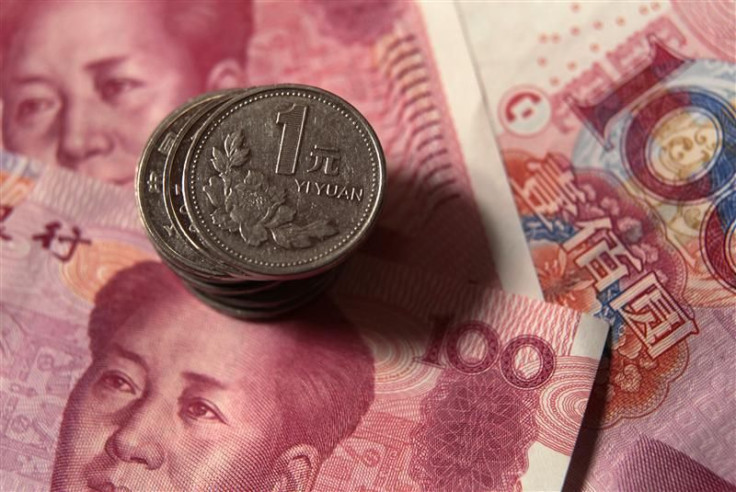Chinese Central Bank Appointment Of Ma Jun As Chief Economist Confirms Conviction To Financial Reform

China’s decision to hire an internationally respected financial expert as the chief economist of its central bank, the first ever to hold such a post at the People’s Bank of China, signals a strong commitment to accelerate free-market reforms of the world’s second-largest economy, analysts say.
Ma Jun, who gained global prominence as Deutsche Bank’s chief economist as well as for his work at the International Monetary Fund, the World Bank and a powerful think tank run by China’s State Council, is expected to urge that China’s economy be less opaque, its currency freer to climb and its financial markets more open to foreign investors.
“Ma’s International Monetary Fund, World Bank and Deutsche Bank roles all make him a good ‘Western’ face to put on the PBOC,” Michal Meidan, an expert on Chinese economics and politics, told International Business Times. “At the same time, he is a token spokesperson to push the reformist agenda internally.”
To be sure, Ma, who was appointed Wednesday, will be only one of many voices influencing what China’s top monetary authority does. Important decisions probably will come from Zhou Xiaochuan, governor of the PBOC, and other top leaders, but if Ma’s speeches and published work are any indication, the nation may be ready to accelerate the pace of financial liberalizing.
The economist, widely known in the West as one of the most bullish China analysts in the business, forecasting 8.6 percent economic growth this year, has already presented a proposal for remaking China's monetary policy at a closed-door economic-policy session held by the central bank and the IMF in March, before his appointment to the PBOC, according to the Wall Street Journal.
Ma did not immediately respond to requests for comment.
Leaders outlined ambitious reform goals for the coming decade in last year’s Third Plenum of the Chinese Communist Party, including reforms in the financial sector that would fully liberalize interest rates, giving foreign financial investors access to most domestic financial assets with few strings attached, and granting Chinese investors greater freedom to make direct or portfolio investment overseas.
Meanwhile, Wall Street has been pointing to Ma’s consistently bullish view on China’s GDP growth as one of the economist’s appeals for the central bank post.
“You need to go to high 8s to get a crack at joining the PBOC,” Simon Rabinovitch, a China correspondent for Financial Times, quipped on Twitter in Feburary, when news of Ma’s potential appointment surfaced.
© Copyright IBTimes 2024. All rights reserved.





















